“It was such a labour of love”: Jessica Hecht on The Atlantic City Story
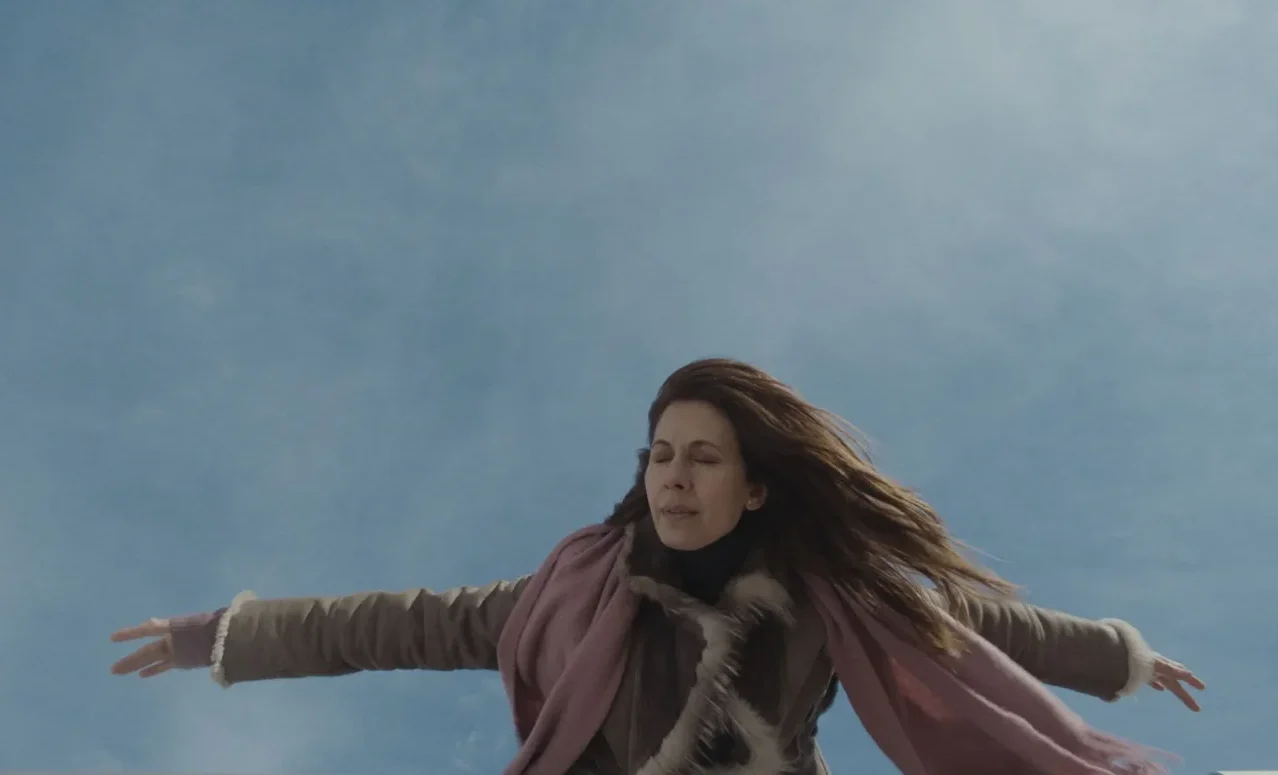
The Atlantic City Story, written and directed by Henry Butash, is a quiet and simple film following two lost souls searching for comfort in the hazy lights of Atlantic City. It stars Broadway and film veteran Jessica Hecht who is known for her comedic role as Susan Bunch in Friends, and star on the rise Mike Faist whose breakout role as Riff in Steven Spielberg’s West Side Story received critical acclaim and a BAFTA nominiation. Faist will also star as Art in the upcoming Luca Guadagnino tennis-centric film Challengers alongside Josh O’Connor and Zendaya. First screened at various festivals around the US in 2020, Atlantic City Story now finds a home on Prime Video.
Butash’s directorial debut follows Jane (Hecht) as she escapes to Atlantic City for a weekend. Tired of her stagnant marriage, she hopes to find some semblance of herself in the casino city. There she meets Arthur (Faist), a young man equally as lost. Between midnight dances on the boardwalk and extreme luck at the roulette table, the two form a quick but strong bond. It’s a very introspective film about seeking validation and comfort from other people, and finding the self in a strange and unfamiliar setting. The Upcoming caught up with Hecht and discussed working with Faist, filming in the cold of Atlantic City, and what she has learned from the relationship between Arthur and Jane.
Can you please give us a brief introduction to what The Atlantic City Story is about?
The film is about this woman and this new friend that she meets in Atlantic City where she has gone just to get away from her husband whom she has a very tired relationship with. Maybe we’re not even sure what has happened, but she feels exhausted by her marriage and very much alone. So, she takes off for this weekend not even knowing what to do or where to go. She finds herself in Atlantic City and is drawn to this young tortured – but very beautiful – soul, and they spend a few days together.
What drew you into Jane’s character and the story of this film that you wanted to be a part of telling it?
I was drawn in because of the simplicity of the story. Nothing enormous happened; maybe her husband had an affair, or maybe he was just completely absent emotionally. That she took off and was momentarily swept up into something that felt deeply real was very intriguing to me. I thought it was simply and honestly told by Henry Butash.
What do you think it is about Atlantic City that inspires this story of two lost souls meeting each other? Do you think it’s a good backdrop for the friendship between Arthur and Jane?
I have never been to Atlantic City – I’m not a big fan of gambling. My dad was actually a serious gambler by profession for a while. I didn’t know what the city was going to be about. But I think it’s a tremendously bleak environment. When it’s not summer, there’s a kind of isolation and despair; the only fire in that place is the casino – the warmth of the casino and the hope of the casino. That’s what Atlantic City is about. You’re drawn to this one flame. There wasn’t even any entertainment when we were there! That environment is a character in and of itself that just sucks you in with the ambition of something better. It’s a very, very strange place and I could see why people might be drawn to it. Also, it’s very anonymous, which was quite valuable for the two characters.
Do you think a weekend is long enough to build that connection that they had – to build something with some stranger you just met?
Well, if you’re both very lost and you’re sort of desperate for connection – absolutely! I think the anonymity of it all – the idea that they found each other at such different ages, that they would just connect on a very simple level by sharing a few things about their lives – what they provide is somebody who really wants to listen to them. They provide for each other a sounding board in a sense of someone finding them interesting. Both of them are in a place in their lives where they feel unheard and unseen by anybody around them. Yes, certainly two days is enough to feel deeply validated.
Did you think if circumstances were different, outside of the anonymity of Atlantic City, Jane and Arthur would’ve ever worked out?
Never, never, never. It is the anonymity and the excitement of the things they choose to do. To go on this ride, to go by the beach – in a way, they are their most open selves and the other person accepts that. They actually bring each other to a higher level. We were saying if two days is enough for that to happen? I would say two hours is enough for that to happen for these characters.
What was it like working with Mike Faist? How much did you and him collaborate or talk about your approach to your characters’ relationship?
We read with a lot of different actors and Mike – this was actually just before or around the same time he got West Side Story. I’d seen him in Broadway in New York. He is so compelling as an actor. He’s extremely open and very meticulous in his work. But also, even when you’re watching him in a big Broadway stage, he’s so truthful and there’s something very gentle about his performance style. He’s just very delicate in what he does. I was blown away by him. There was a lot of dialogue and we would play with it in different iterations, and he was so available! I actually probably have never worked with another co-star who was quite as available and quite as easy on film. He was just magnificent.
The two of you both have longstanding histories with theatre and Broadway. Is that something you guys bonded over when working on Jane and Arthur’s chemistry? Did you ever give Mike any advice on his career of moving from theatre to screen?
We talked about plays we had done, we gossiped and we told really good stories. But we didn’t give each other advice so much. Mike has a very intuitive sense of how to focus his energies and how to stay in a very inspired lane of creativity and respect. He just really organises himself to be as productive and as genuine as possible. I don’t think he needed my advice – I could probably take his. He was very grounded.
One of my favourite scenes from the film is the dancing on the boardwalk in the middle of the night. It just felt magical with the score and everything. What was it like filming that scene, if you can recall?
It was really cold. Super, duper cold. In fact, for one of our scenes, we were on the beach and Mike was without clothes, they even had an ambulance there because it was really cold. We were outside and the ambulance was there waiting in case he got sick. But it was really special; the whole experience was remarkable being out there and dancing. It was so free, he’s a good dancer and we made it up on the spot so we had a really delicious time. But it was freezing cold!
What’s your main takeaway from Jane as a character? Something that you learned from her throughout the process of filming and finally seeing the finished product of The Atlantic City Story?
My takeaway was that there’s so much to be said for the kind of comfort you can find in another person’s fall. Not comfort that they’re falling, but comfort that we all can expect that as part of life. It’s hard to remember sometimes that that’s part of life. Like, Jane’s fall doesn’t seem as enormous as Arthur’s fall. It’s part of life and there’s something beautiful about succumbing to all of that.
You do film and theatre, of course. Are there any pros and cons that stand out to you between the two performing arts mediums and which of the two do you personally prefer?
I love theatre – I really do. I love doing anything! I love acting, but I prefer theatre – it’s my favourite. I just love acting though. If it’s a great team, film and television can be so rewarding. Truly, I love the task of each form. But I just love theatre so much.
When it comes to indie films like these that premiere in film festivals, there’s always a question of if and when a greater audience will finally get to see that work of yours. Do you ever feel any anxiety when it comes to the waiting game?
You never know: that is the thing. It’s a real gamble when you do these films because the product can take a while to manifest, and then even if they go to all of these festivals, it’s really quite complicated how it can make it out into the rest of the world. I think that’s why I like theatre in the way that the relationship with the audience is immediate. You will have that experience: come hell or high water, someone’s going to be there. But with film and television, it can go into the ether, so the storytelling feels lost. I’m so grateful that The Atlantic City Story has made its way out there, in large part because of Mike. But I truly feel this is a unique film; I truly feel that the vision was very precise and very emotionally rooted. I would’ve been heartbroken if nothing ever happened with it. It was such a labour of love, truly.
Mae Trumata
The Atlantic City Story is released on Prime Video on 2nd December 2023.
Watch the trailer for The Atlantic City Story here:


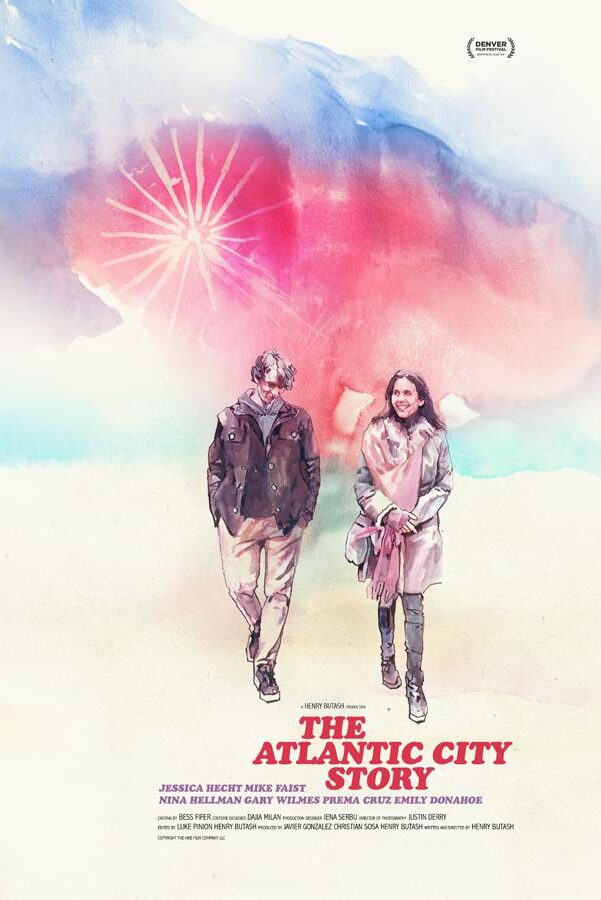
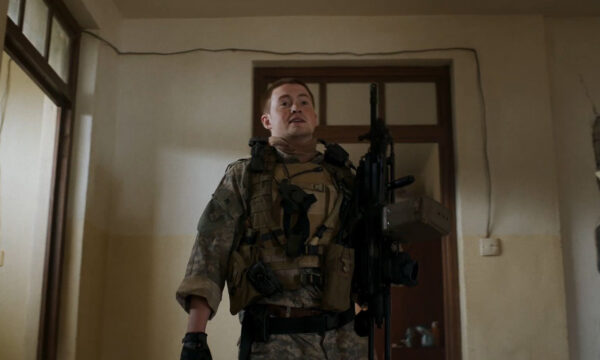

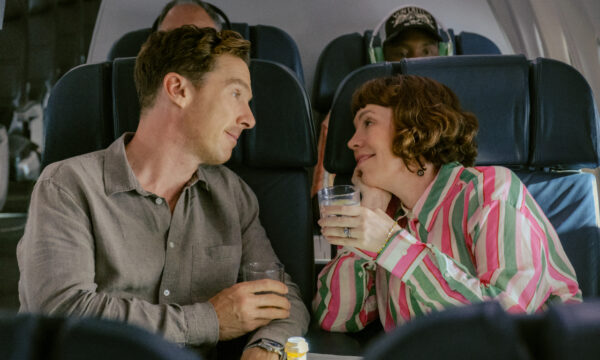

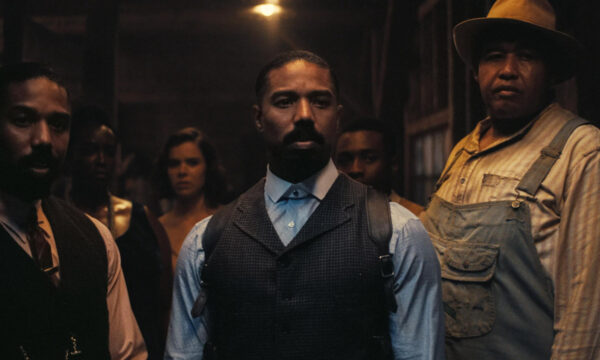
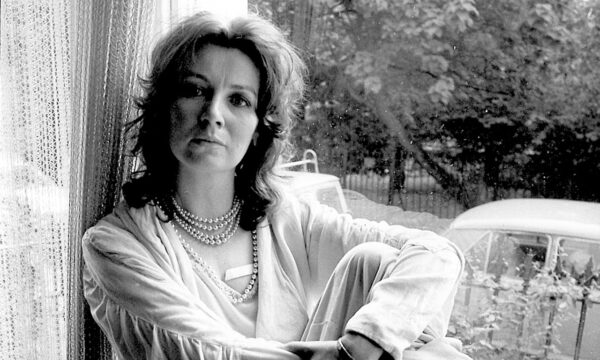
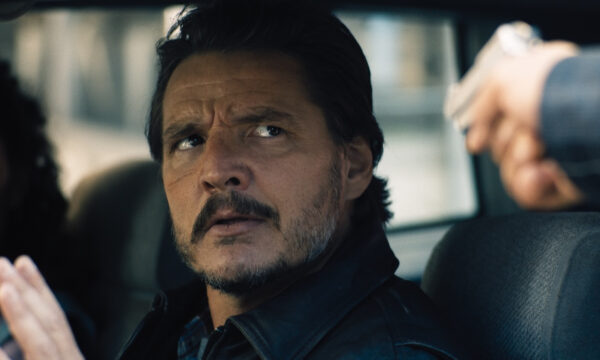
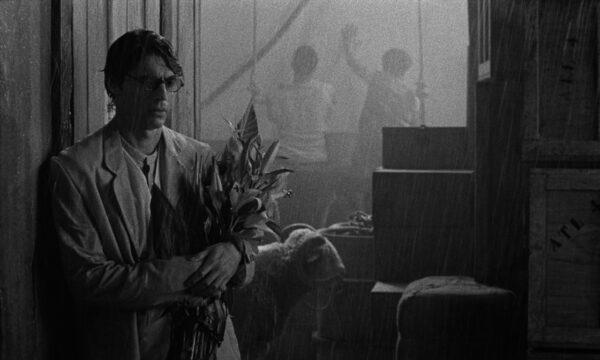
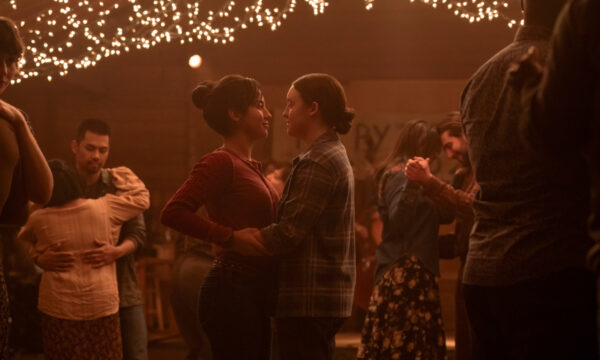














Facebook
Twitter
Instagram
YouTube
RSS